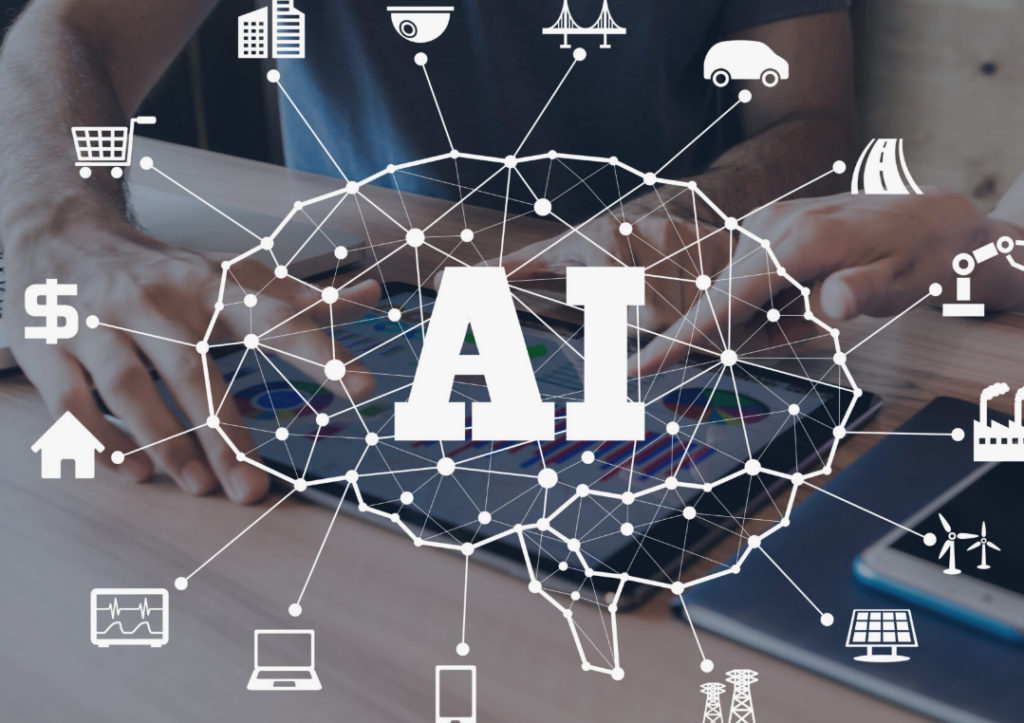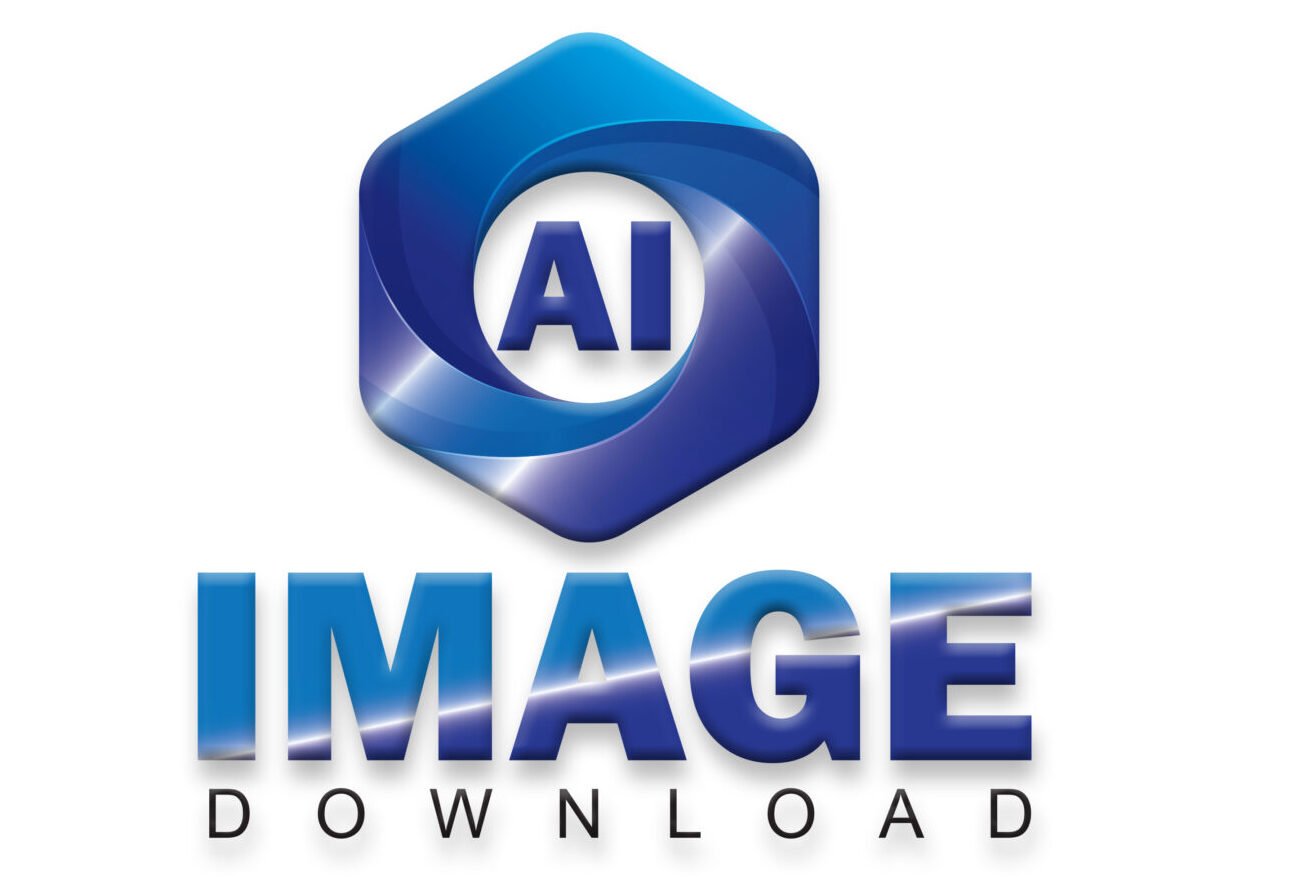AI marketing tools utilize artificial intelligence and machine learning to enhance marketing tasks and workflows. These tools are predictive and beneficial for repetitive marketing processes. Businesses can benefit from improved ad targeting, automation, chatbots, and predictive analytics, leading to enhanced decision-making and increased efficiency in marketing strategies. The market offers a variety of AI tools, such as chatbots, research and writing assistants, and content generation systems, that cater to different business needs and objectives.
As AI continues to evolve, integrating these tools into marketing strategies can provide businesses with a competitive edge in reaching their target audience and driving successful marketing campaigns.
AI Tools For Marketing

The Rise of AI In Marketing- AI Tools For Marketing
Artificial Intelligence (AI) has been making waves in the marketing industry, transforming the way businesses connect with their audiences. As technology continues to advance, AI tools for marketing have become invaluable assets for companies looking to enhance their strategies and gain a competitive edge. From predictive analytics to personalized customer experiences, the impact of AI in marketing is undeniable.
How AI Is Transforming Marketing- AI Tools For Marketing
AI tools for marketing have revolutionized the way businesses approach customer engagement and campaign optimization. These tools leverage machine learning algorithms to analyze vast amounts of data, enabling marketers to uncover valuable insights and make data-driven decisions. From identifying trends to predicting consumer behavior, AI empowers marketers to create targeted, personalized experiences that resonate with their audience.
Benefits of AI Tools In Marketing- AI Tools For Marketing
- Enhanced Data Analysis: AI tools for marketing free marketers from the burden of manual data analysis, allowing for quicker and more accurate insights.
- Improved Personalization: With the best free AI tools for marketing, businesses can deliver hyper-personalized content and recommendations to their audience, leading to higher engagement and conversion rates.
- Optimized Campaign Performance: AI-powered tools enable marketers to optimize ad targeting, automate marketing processes, and make informed decisions to maximize campaign effectiveness.
As AI continues to advance, its role in marketing will only grow, offering new opportunities for businesses to connect with their target audience in meaningful ways.
Types of AI Tools For Marketing
When it comes to marketing, the use of AI tools has become increasingly prevalent. These tools leverage artificial intelligence and machine learning to streamline and enhance various marketing tasks and workflows. From predictive analytics to chatbots and personalization algorithms, AI tools are revolutionizing the way businesses engage with their audience and optimize their marketing strategies.
Predictive Analytics
Predictive analytics is a powerful AI tool that enables marketers to forecast future trends and consumer behavior based on historical data and patterns. By analyzing large datasets, predictive analytics empowers businesses to make data-driven decisions, anticipate market demands, and optimize their marketing strategies for better outcomes.
Chatbots and Virtual Assistants
Chatbots and virtual assistants are AI-powered tools that offer personalized and automated interactions with customers. These intelligent systems can handle customer inquiries, provide real-time support, and assist with product recommendations, enhancing the overall customer experience and driving engagement.
Personalization Algorithms
Personalization algorithms utilize AI to create tailored and customized content, recommendations, and experiences for individual users. By leveraging data insights and machine learning, personalization algorithms enable marketers to deliver targeted messages, promotions, and product suggestions, ultimately leading to higher conversion rates and customer satisfaction.
Implementing AI Tools In Marketing Strategies
Artificial Intelligence (AI) has revolutionized the way businesses approach marketing. By integrating AI tools into marketing strategies, businesses can enhance customer segmentation, optimize content, and automate email campaigns to drive better results and improve overall efficiency.
Integrating AI into Customer Segmentation
AI tools enable businesses to segment their customer base more effectively by analyzing large datasets and identifying patterns and trends. This allows for personalized and targeted marketing efforts, resulting in higher engagement and conversion rates.
Optimizing Content With AI
AI-driven content optimization involves leveraging data to create tailored and relevant content that resonates with the target audience. By analyzing consumer behavior, AI tools can recommend content strategies that are more likely to resonate with consumers, leading to improved content performance.
Automating Email Campaigns
With AI-powered automation, businesses can personalize and optimize their email campaigns, ensuring that each communication is relevant and timely. AI tools can analyze customer interactions and preferences, enabling automated responses that are more likely to drive engagement and conversions.
Challenges and Limitations of AI In Marketing
AI tools for marketing present several challenges and limitations. While they enhance repetitive tasks and offer predictive insights, their refinement for ad targeting, improved automation, and chatbot capabilities still pose limitations. Additionally, the need for more advanced AI for research, decision-making, and voice-based shopping continues to be a challenge in the marketing field.
Data Privacy Concerns
With the rise of AI tools for marketing, there has been an increase in concerns about data privacy. AI marketing tools rely on data to make predictions and recommendations, which means that they need to collect and store vast amounts of data. This has raised concerns about how this data is being used and who has access to it. As a result, businesses need to ensure that they are using AI tools for marketing that are compliant with data privacy regulations.
Overreliance on AI
While AI tools for marketing can be incredibly helpful, there is also a risk of overreliance on AI. It’s essential to remember that AI is only as good as the data it has been trained on. If the data is biased or incomplete, the AI will make biased recommendations. Businesses need to ensure that they are not relying solely on AI tools for marketing strategy and that there is a human element involved in the decision-making process.
Lack of Human Touch
One of the biggest challenges of using AI tools for marketing is the lack of human touch. While AI can analyze data and make recommendations, it lacks the creativity and empathy that a human marketer can provide. Businesses need to ensure that they are using AI tools for marketing in conjunction with human marketers who can provide a human touch and understand the emotional needs of their customers. When using AI tools for marketing, it’s essential to consider these challenges and limitations. While AI can be incredibly helpful, it’s not a silver bullet solution, and businesses need to ensure that they are using it wisely. By using a combination of AI tools for marketing and human marketers, businesses can create a well-rounded marketing strategy that addresses the needs of their customers.
Case Studies of Successful AI Marketing Campaigns
Explore real-life success stories of AI marketing campaigns, showcasing advanced tools revolutionizing the industry. Witness firsthand the power of AI in transforming marketing strategies and achieving remarkable results. Discover how innovative AI technologies are reshaping the landscape of digital marketing campaigns.
Netflix’s Recommendation System
One of the most well-known examples of successful AI marketing is Netflix’s recommendation system. The streaming giant uses machine learning algorithms to analyze user data and provide personalized recommendations based on their viewing history. By leveraging AI, Netflix has been able to increase user engagement and retention, as well as reduce churn. It’s estimated that 80% of what users watch on Netflix is a result of the recommendation system.
Amazon’s Personalized Shopping Experience
Amazon is another company that has successfully implemented AI in its marketing strategy. Their personalized shopping experience uses machine learning algorithms to analyze user data and provide product recommendations based on their browsing and purchasing history. This has resulted in increased sales and customer loyalty, as well as improved customer satisfaction. It’s estimated that Amazon’s recommendation system is responsible for 35% of their total revenue.
Other Successful AI Marketing Campaigns
Other companies that have seen success with AI marketing include Coca-Cola, which used AI to create personalized ads based on consumer demographics and interests, and Sephora, which uses AI-powered chatbots to provide personalized beauty advice and product recommendations to customers. Overall, the use of AI in marketing has proven to be highly effective in increasing engagement, retention, and revenue. As AI technology continues to evolve, we can expect to see even more innovative and successful AI marketing campaigns in the future.
Future Trends In AI Marketing
As technology continues to evolve, the future of marketing is being reshaped by AI tools. From voice search optimization to augmented reality marketing, AI is revolutionizing the way businesses connect with their audience. Here are some emerging trends that are set to redefine the marketing landscape.
AI-powered voice Search Optimization
Voice search is gaining significant traction, with more users leveraging virtual assistants like Alexa and Siri to find information. AI-powered voice search optimization is becoming crucial for businesses to ensure their content is discoverable through voice commands. By integrating natural language processing and machine learning algorithms, marketers can tailor their content to match the conversational queries of voice search users, enhancing their visibility in this growing segment.
AI In Augmented Reality Marketing
Augmented reality (AR) is transforming the way consumers experience products and services. With AI, marketers can personalize AR experiences, providing tailored interactions that resonate with individual preferences. By analyzing user behavior and preferences, AI enables businesses to deliver immersive and personalized AR marketing campaigns, enhancing engagement and driving conversion rates.
Ethical Considerations In AI Marketing
Ethical considerations in AI marketing are crucial in ensuring that AI tools for marketing are used responsibly and ethically. As the use of AI in marketing continues to grow, it is essential to address the ethical implications and potential risks associated with its application. This includes ensuring transparency in AI algorithms, avoiding bias in AI marketing, and prioritizing ethical decision-making in the use of AI marketing platforms.
Transparency In AI algorithms
Transparency in AI algorithms is essential to ensure that the decision-making processes and outcomes are understandable and explainable. Marketers must have visibility into how AI algorithms operate, the data they use, and how they arrive at their conclusions. This transparency helps in building trust with consumers and ensures that AI tools for social media marketing are used in an ethical and accountable manner.
Avoiding Bias In AI Marketing
Avoiding bias in AI marketing is a critical ethical consideration. Marketers must actively work to identify and mitigate biases within AI algorithms and data sources to ensure fair and equitable outcomes. This involves continuously monitoring and refining AI algorithms to minimize the potential impact of biases on marketing decisions and customer interactions. By prioritizing unbiased AI marketing strategies, businesses can foster inclusivity and trust among diverse consumer groups.

Frequently Asked Questions
What are AI tools for marketing?
AI marketing tools are software that use artificial intelligence and machine learning to improve marketing tasks. They enhance workflows and provide predictive insights based on data, making them valuable for repetitive tasks in marketing strategies.
How AI can be used in marketing?
AI enhances marketing tasks with predictive analytics, improved automation, chatbots, targeted ads, and decision-making for better results.
Which is the best AI tool in the market?
TheGist is the best AI tool for marketing. It offers a unified workspace, integrates communication apps, and uses AI to organize work efficiently.
How to Use AI for marketing In 2024?
In 2024, leverage AI for marketing tasks using AI-powered tools for improved ad targeting, automation, chatbots, and predictive analytics.
Conclusion
Incorporating AI tools into your marketing strategy can revolutionize your approach. These innovative technologies offer improved efficiency and effectiveness in various marketing tasks. From predictive analytics to personalized content creation, AI tools are reshaping the marketing landscape. Embrace the power of AI for enhanced marketing outcomes.

